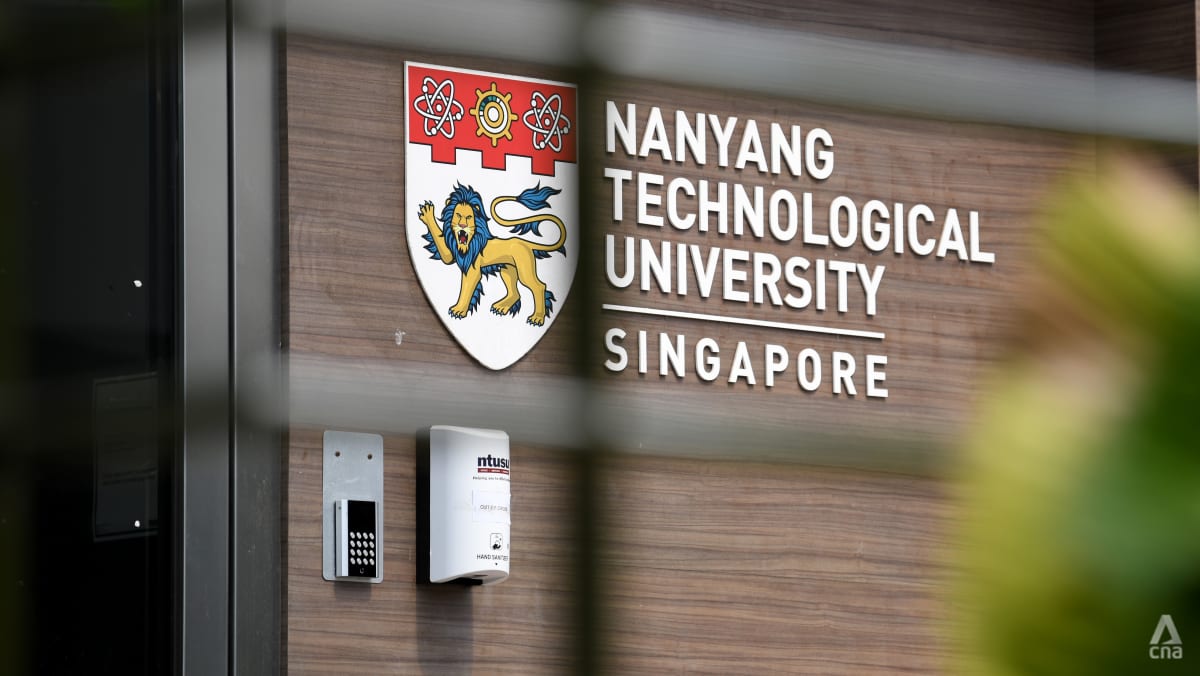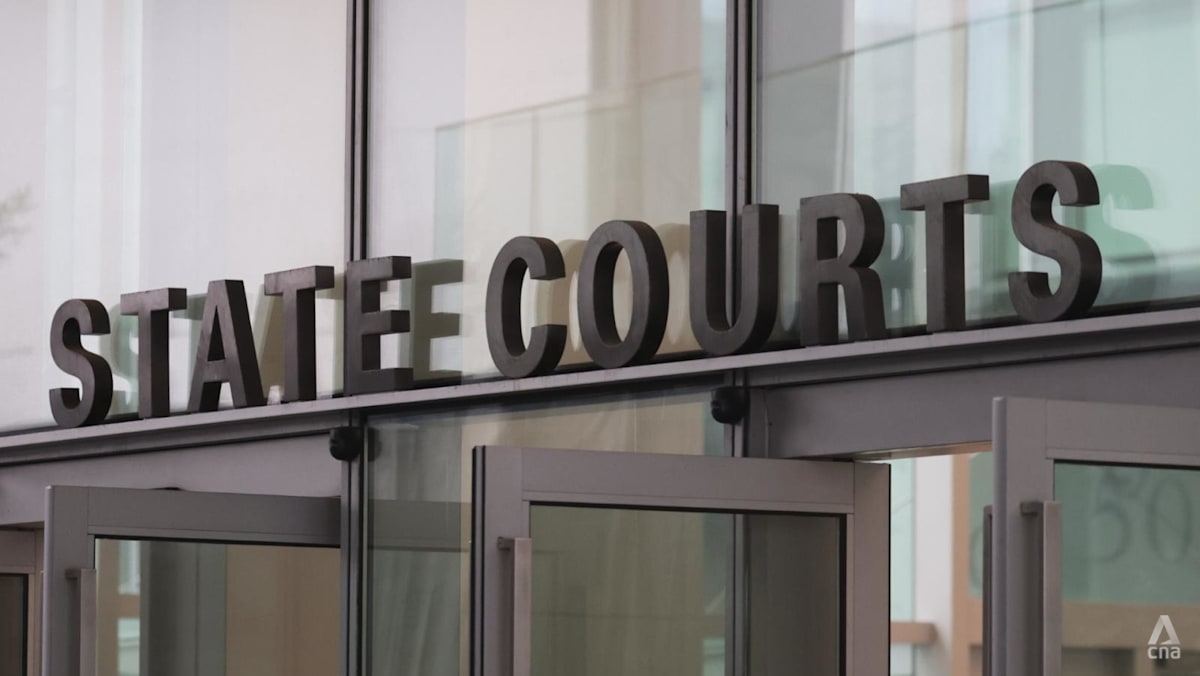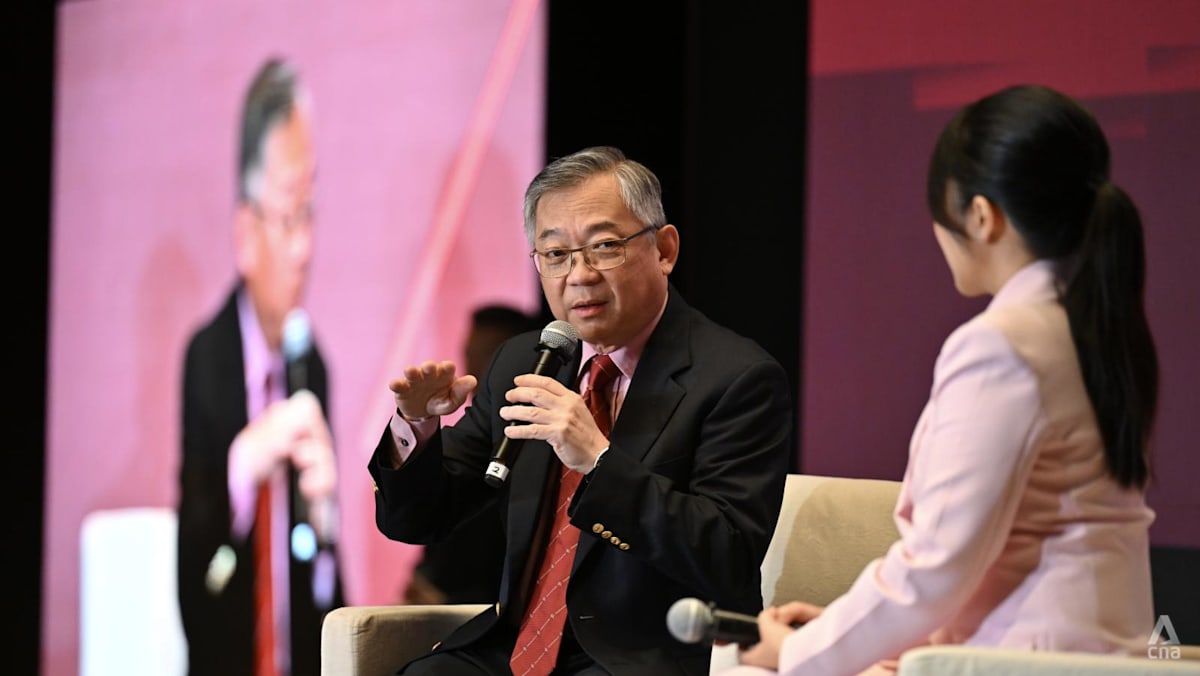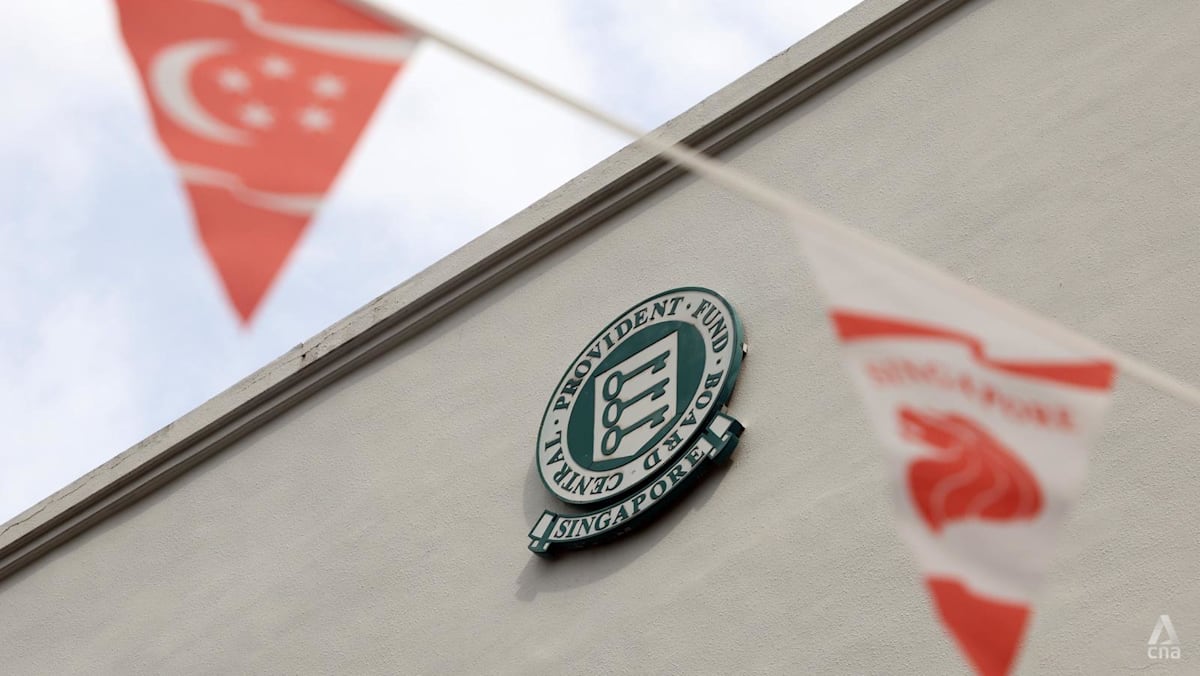NOT THE SAME OUTCOME
Two other students from the same class were also accused of academic fraud and received a zero for their assignment.
One of them had used citation generator Citation Machine and ChatGPT to organise her citations. As there were mistakes in her bibliography, her work was flagged as potentially AI-generated.
When Asst Prof Luk questioned whether she had used AI tools, the student disclosed she had used ChatGPT for “minimal” background research.
In her ChatGPT transcript, seen by CNA, the student asked the tool for help with research for a project examining COVID-19 responses. In one out of the five prompts, she requested a statistic related to the number of COVID-19 cases. The student said she did not use the suggested number in her essay.
“I accept responsibility that there were errors and there was negligence,” she told CNA. “But the punishment being meted out is nowhere near proportionate.”
When her efforts to reach the school’s academic integrity officer for clarification fell through, she spent the next two months trying to get her case heard.
On Wednesday, the student had a meeting with two faculty members, including an associate chair from the School of Social Sciences. However, the outcome of her meeting was “very different” from the first student’s, she said.
She said the panel faulted her for using ChatGPT when there was “explicit” mention that AI tools could not be used, and that her penalty still stood.
“I didn’t use (ChatGPT) to write anything, not even one line of my essay,” she said. “They’re holding me for the fact that I use it for research … if you’re going to fault me for that, how are you going to hold every student for that?”
In response to queries from CNA, the spokesperson said the school had rejected the appeal request because the student had “admitted to using Gen AI for the essay and had shared how it was used” back in April, in her initial hearing with her instructor.
The spokesperson added that some instructors may disallow the use of generative AI for “specific pedagogical reasons”.
“In this case, the professor had disallowed AI use for a specific written assignment to assess students’ research skills, and their originality and independent thinking.”
In a briefing slide seen by CNA, students from the class were told that the use of ChatGPT and AI tools is not allowed in the “development or generation” of their essay proposal and long essay.
“You will receive a zero mark for the assignment if you are caught using ChatGPT and other AI tools for writing assignments,” it states.
The student claims that apart from the slide, the instructor had not elaborated further. She had assumed that while AI tools could not be used to generate content for the essay, it was acceptable to use them for background research and to alphabetise her citations.
“Right now, it’s not so much about my grades anymore,” she said. “It’s become a bigger issue in the sense of justice, and the fact that you cannot penalise what you don’t make clear.”
The third student, also in his final year, was also accused of academic fraud for allegedly using fake and inaccurate citations. After explaining that he had only used AI tools to summarise information for his background research and to format his citations in APA style, Asst Prof Luk told him that he would receive a 10-mark deduction.
But a few days later, the student received an email from the school’s academic integrity officer, saying that the decision had been overruled and that he would receive a zero for the assignment.
When he wrote in for clarification, the academic integrity officer responded a few hours later to say that the decision was made according to the university’s policies to “uphold academic integrity, fairness and consistency”. She also referred him to a student care manager for support, based on an email exchange that CNA has seen.
The student said he did not pursue the matter further, as he had already found a job and that his top priority was to pass. He eventually scored a “D” for the module.
However, he worries that future employers may come across his academic record.
“It destroys whatever integrity, whatever reputation that you have … over something that we did not do,” he said.
CNA has contacted members of the panel about the students’ claims.
The spokesperson from NTU told CNA that many of its schools across different disciplines use AI as part of learning. In general, students are allowed to use generative AI in their assignments, they added.
They said students are asked to declare any use of AI and are “ultimately responsible” for the content generated when using AI. Students must also ensure factual accuracy and cite all sources properly.
“NTU remains committed to our goal of equipping students with the knowledge and skills to use AI technologies productively, ethically and critically,” they said.













